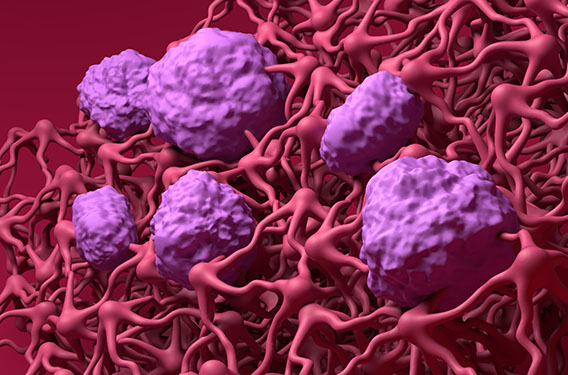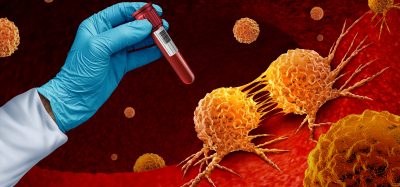Blood-brain barrier breakthrough for ALS and Alzheimer’s disease
Posted: 27 November 2024 | Drug Target Review | No comments yet
A new blood-brain barrier-crossing platform enables the delivery of therapeutic molecules to the brain, offering potential treatments for ALS and Alzheimer’s disease.


A study from the Icahn School of Medicine at Mount Sinai introduces an innovative approach to overcoming one of the most significant challenges in neurological medicine: the blood-brain barrier (BBB). While this barrier serves to protect the brain from harmful substances, it also prevents essential medications from reaching the brain, making the treatment of conditions such as amyotrophic lateral sclerosis (ALS), Alzheimer’s disease, and addiction particularly difficult.
The study, published in Nature Biotechnology, introduces a cutting-edge blood-brain barrier-crossing conjugate (BCC) system. This system enables the efficient delivery of large therapeutic molecules, such as proteins and oligonucleotides, to the brain via a straightforward intravenous injection.
The BCC platform takes advantage of a biological process known as γ-secretase-mediated transcytosis to bypass the BBB. By doing so, it allows larger therapeutic molecules to enter the central nervous system (CNS), where they can treat diseases directly at their source.
“The blood-brain barrier is an essential defence mechanism, but it also presents a significant challenge for delivering drugs to the brain,” says Dr Yizhou Dong, a co-corresponding senior author at Icahn Mount Sinai. “Our BCC platform breaks this barrier, allowing biomacromolecules, including oligonucleotides, to reach the CNS safely and efficiently.”
Preclinical success in ALS and Alzheimer’s models
The team tested the BCC platform in preclinical models, including mice, where they injected BCC10—an innovative compound linked to antisense oligonucleotides. The results showed that the treatment successfully reduced the activity of harmful genes in the brain. In a mouse model of ALS, the treatment significantly reduced the levels of Sod1, a gene responsible for the disease’s progression. This breakthrough allows biomacromolecules, like antisense oligonucleotides, to effectively cross the blood-brain barrier and deliver therapeutic effects directly to the brain.
Promising safety profile
One of the study’s most important findings is the safety profile of the BCC system. The platform was well-tolerated in mice, with minimal to no adverse effects on major organs at the tested doses. This safety is crucial for the potential development of the technology for clinical applications.
Dr Eric J. Nestler, senior author on the study, emphasises the potential impact of this new approach: “Our platform could potentially solve one of the biggest hurdles in brain research—getting large therapeutic molecules past the blood-brain barrier safely and efficiently.” This development has the potential to advance treatments for a broad range of brain diseases.
The research team is now moving forward with additional studies in larger animal models to further validate the BCC platform and explore its therapeutic potential in humans.
This study was published in Nature Biotechnology.
Related topics
Biologics, Biopharmaceuticals, Biotherapeutics, Central Nervous System (CNS), Drug Delivery, Drug Development, Drug Discovery, Gene Therapy, Immunotherapy, Neurosciences, Precision Medicine, Therapeutics
Related conditions
ALS, Alzheimer's disease (AD)
Related organisations
Icahn School of Medicine
Related people
Dr Eric J. Nestler, Dr Yizhou Dong








